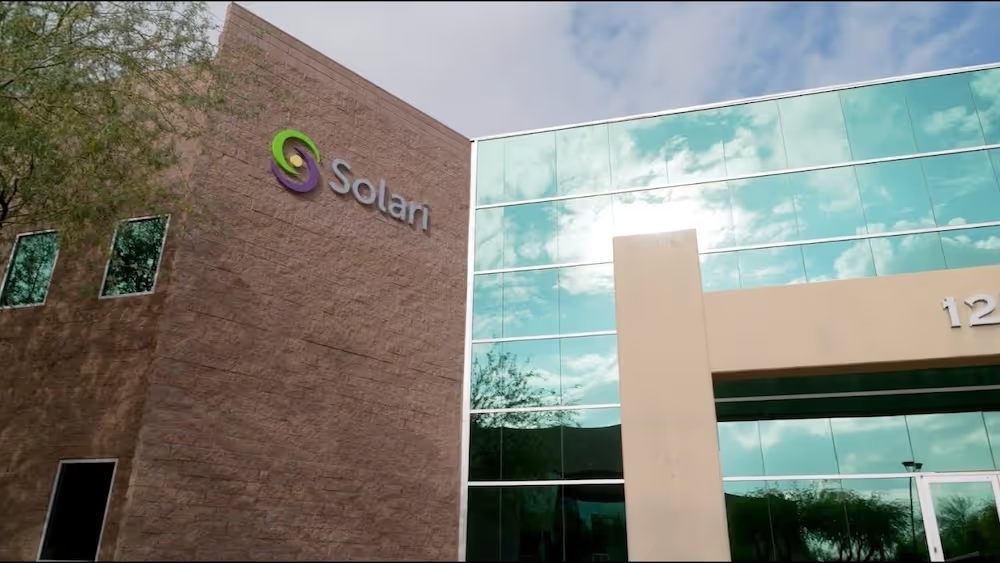The problem
When it comes to personal health, especially in the middle of a pandemic, every minute matters. For Solari Crisis & Human Services, an award-winning nonprofit that oversees crisis and human services programs and contact centers in Arizona, running a COVID-19 hotline proved to be an increasing challenge as official information changed frequently. Find out how Spekit helped this vaccine call center reduce call times by minutes, increase agent confidence and provide new peace of mind to both employees and callers alike.
The COVID-19 pandemic brought more questions than answers, as the official list of symptoms, affected demographics, and vaccine availability evolved almost daily. Solari Crisis & Human Services was already empowering individuals through their programs Crisis Response Network (CRN), 2-1-1 Arizona, and Community Support Network (CSN). Solari then partnered with a major health system to stand up and run their Covid-19 and immunization hotlines. They used Spekit as a central source of information across their multiple organizations to act as a single source of truth for Arizona residents seeking Covid-19 vaccination information.
As the manager for the Solari Crisis & Human Services immunization navigation hotline, Edward Etienne worked with more than 200 call center reps to ensure they had access to the latest information from the CDC and other trusted outlets. It quickly became apparent that the “latest information” was literally changing overnight, making it incredibly challenging for agents to stay current and disseminate accurate guidance.
Initially, Edward’s team received a short document from their health partner that listed relevant topics and resources, but as questions grew and information changed, Edward expanded upon that list and created a shareable Google Doc that reflected the questions that would arise each day.
This new Doc became a one-stop-shop for answers and included CDC updates, suggested call scripts, contact information for local agencies, websites for extensive research, specific vaccine finders, side effects, insurance carriers, and on and on. The goal was to create a comprehensive resource that anyone on the team could access at any time, from anywhere.
But within a short period of time, Edward’s Google Doc became a 118-page resource that required extensive time searching and sorting through topics. The team averaged 700-800 calls per day, and at their peak, logged more than 22,000 calls daily. With no time to scroll and look for answers, team members turned to instant messengers and websites, prolonging call times and making Edward’s tool counterproductive.
“It was a monster document. We needed a way to keep up with all of the information that was constantly changing or in flux and make it easily digestible to give to our staff. We needed to make the user experience intuitive where reps could find answers in one central location and use a keyword search for the appropriate response.” Edward Etienne



